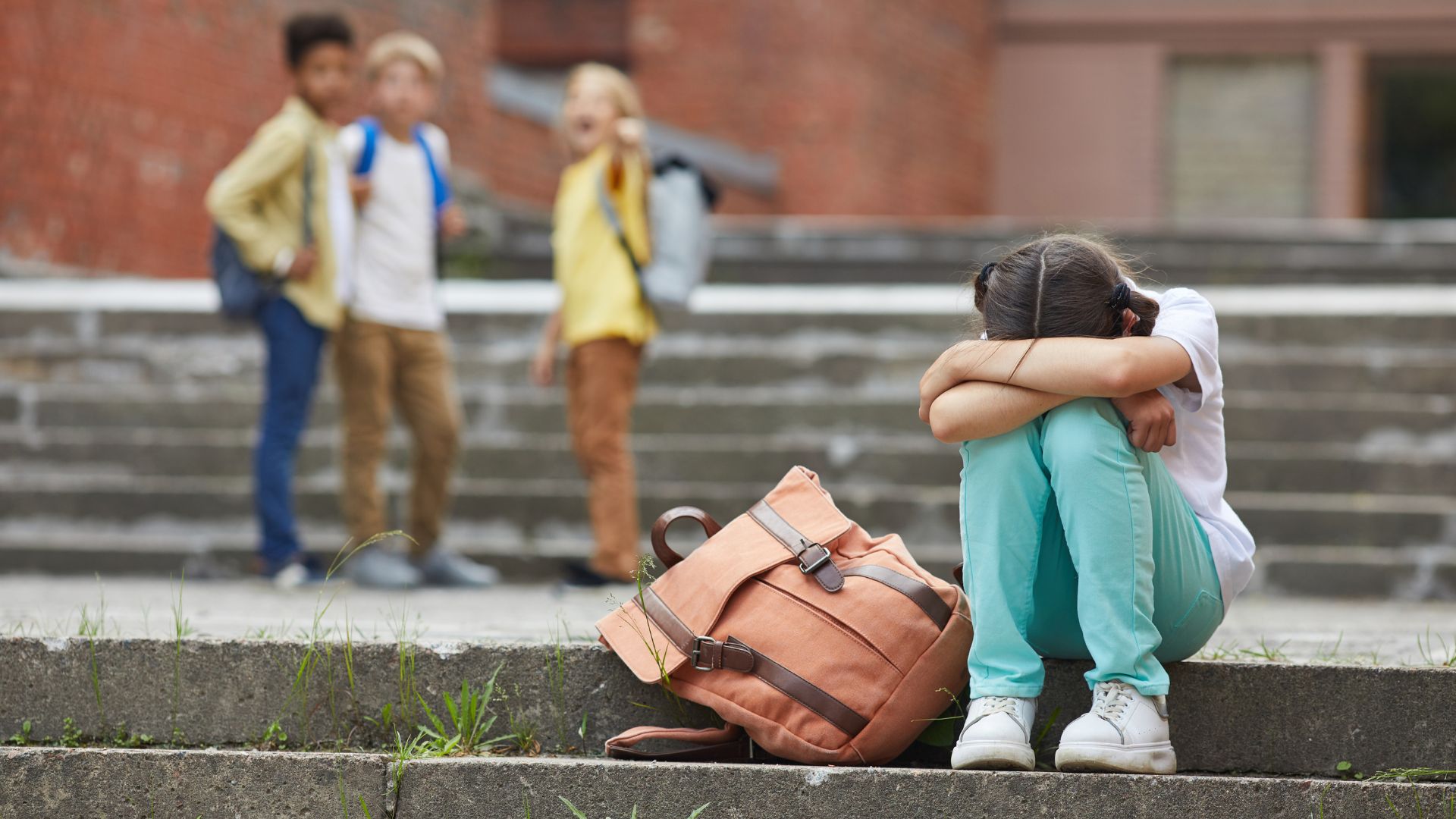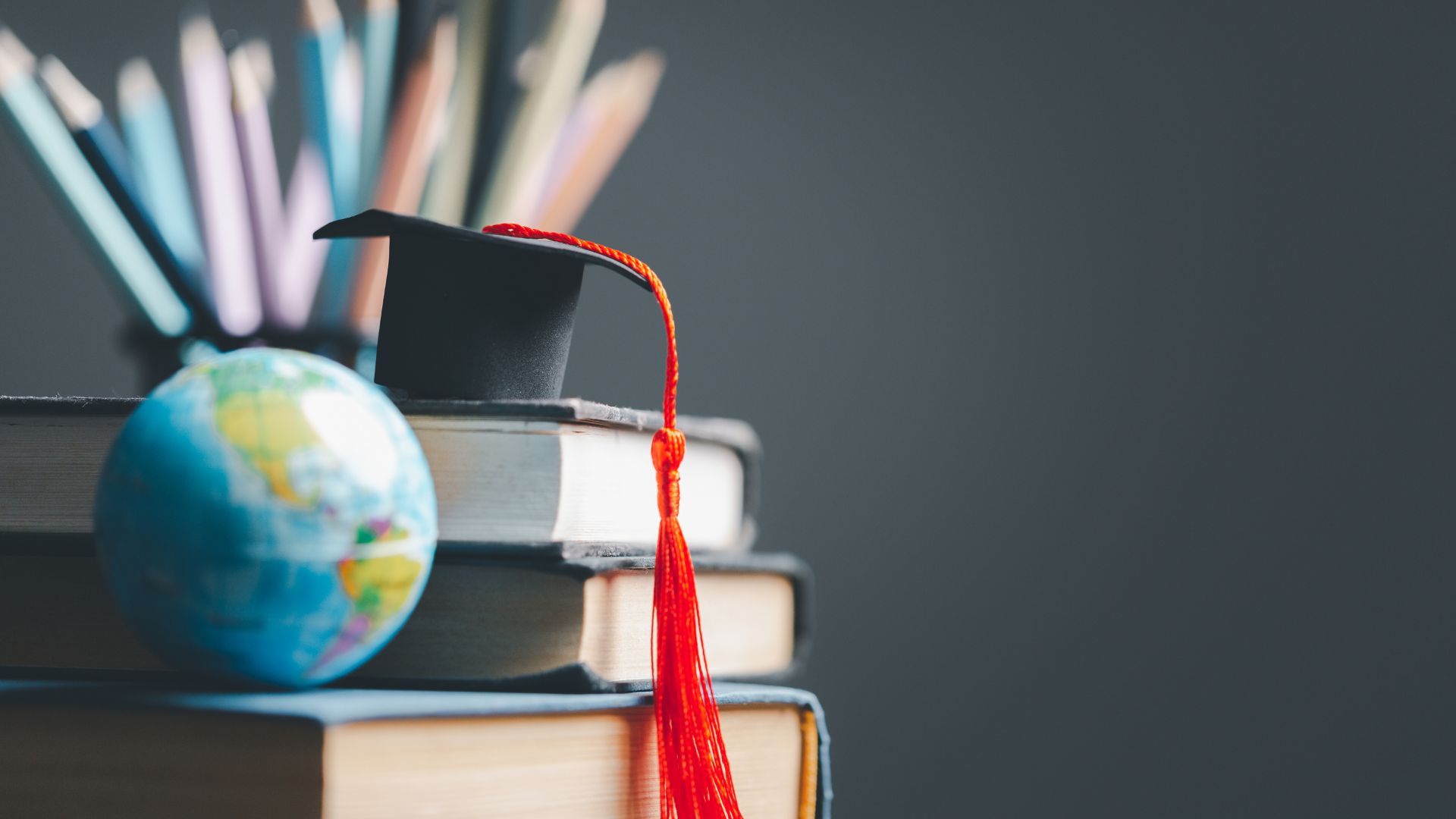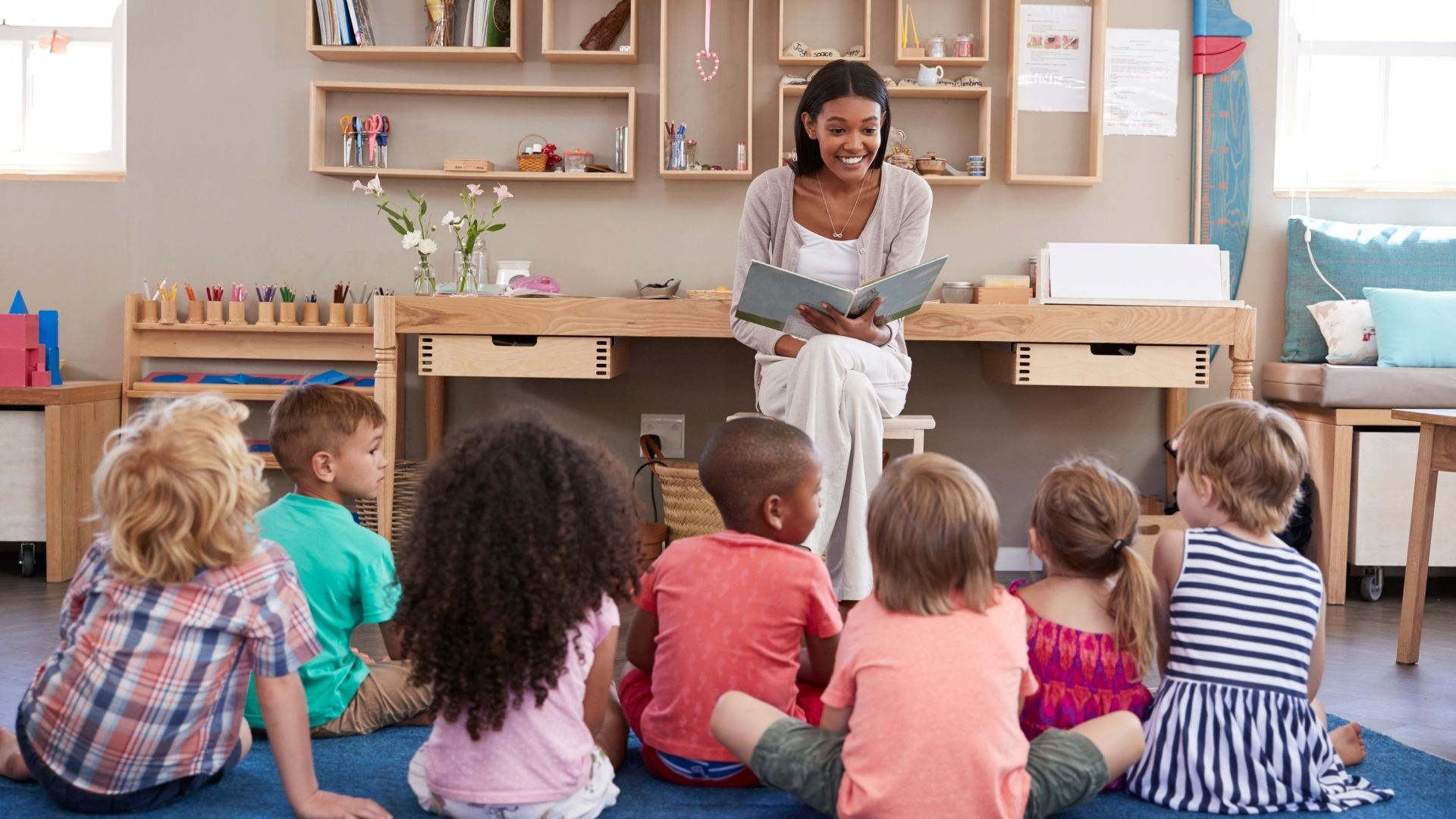
International Day of Education: How Schools Differ Around the World
05 Jan, 20241-2 minutes
In this blog, you will learn:
- What the International Day of Education is.
- How education systems differ around the world.
- Where the latest education and SEND jobs are and how to apply for them.
Do you often wonder what schools in other countries offer students on their curriculum? To mark the International Day of Education, we’re delving into the fascinating world of education systems around the world.
Celebrated every year, the International Day of Education celebrates and advocates for access to education. The day was created to improve access to and celebrate the role of education for peace and development.
From diverse curriculums, unique teaching methods and unconventional subjects like learning to knit or martial arts, discover how different countries approach education in this informative article.
What is the International Day of Education?
The International Day of Education takes place on 24th January every year and promotes learning for all. It advocates education as a basic human right and considers the quality of education provided for children around the world.
Research by GovUK discovered an increase in the number of young people in the UK that are not in education compared with the previous quarter. The world is seeing a surge of examples of people whose basic human right to education has been compromised.
The International Day of Education provides the useful opportunity to inform students of the purpose of education and the significance of ensuring everyone has the right to learn.
Education in different countries
There are numerous diverse and enriching lessons taking place in schools around the world that offer unique educational experiences. Each country's unique cultural, environmental, and educational priorities contribute to the variety of lessons and activities available to students.
Unique school lessons include:
- Knitting in Iceland.
- Forest schools in Scandinavia.
- Coding and robots in South Korea.
- Martial arts in Japan.
- Yoga and meditation in India.
- Environmental education in Costa Rica.
- iPad schools in the Netherlands.
Knitting in Iceland
Iceland is a country with a very severe climate so you can expect to see students wrapped in their knitted hats, scarves and gloves. But would you expect to see knitting and sewing as a subject on their school timetable?
From the age of seven, children are taught how to knit as part of their crafts education in the regular school curriculum. Knitting has always played a key role in the Icelandic way of life and the practice of knitting and its role in Icelandic culture has evolved over time.
It isn’t just the Northern Lights that attracts tourists, but also the sweaters knitted by actual Icelanders!
Forest schools in Scandinavia
Just like it sounds, there are forest schools in Scandinavia! Countries like Sweden and Norway have a strong connection to nature and embrace the outdoors with their Forest schools. Forest or nature schools are important outdoor education models in which students visit outdoor, natural environments as part of their learning.
In 1982, the Swedish Environmental Protection Agency opened the first nature school in the south of Sweden, and currently Sweden has 70 nature schools. Forest schools are described as a method of learning that fosters a strong connection with nature, enhances wellbeing and teaches personal, social and technical skills.
Some areas of the UK have attempted to embrace this phenomenon with outdoor days and according to Learning Through Landscapes, 92% of UK pupils said they enjoyed their outdoor lessons more and 90% expressed feeling happier and healthier.
Coding and robotics in South Korea
In South Korea, not only are there government plans for robots to teach pupils subjects like maths and science, but many schools in South Korea offer coding and robotics classes. These lessons help students develop essential 21st-century skills from a young age.
South Korea has a strong emphasis on technology education and is one of the leading countries in industrial robot usage worldwide. The robotics industry is officially supported and developed by the South Korean government and continues to grow.
RoboThink is a leading Science, Technology, Engineering and Mathematics (STEM), coding, robotics and engineering program across 23 countries including South Korea. RoboThink provides opportunities to develop core STEM skills that students apply to school subjects and their future careers.
South Korean students are among the most successful internationally, but it requires a lot of time, effort and hard work. It might be fun if your Teacher was a robot, or to be taught robotics when the school day in Korea can last between 14 and 16 hours!
Martial arts in Japan
In Japan, martial arts such as judo and kendō are often part of the school curriculum. Since 2012, all 12-13 year old boys and girls are required to study budō (either judo, kendō, or sumo) or ‘dance’ as part of their physical education.
Historically, martial arts have played a significant role in physical education and character development in the Japanese education system. Martial arts existed in schools in Japan even before World War ll and was still included in the school curriculum after the war.
The Department of Budō Education in Japan aims to teach students about the objective of budō and emphasises spiritual development rather than just the educational, performing arts or physical aspects of budō.
Martial arts not only teaches physical fitness and respect for self-development, but is also used to experience Japan’s ancient traditional culture and instils self-discipline and control. Moral education has been taught informally in Japan for decades and like martial arts teaches persistence, diligence and endurance.
Yoga and meditation in India
Who would have thought school could be relaxing? In India, some schools introduced yoga and meditation as part of the curriculum. Several schools, including government ones, have been conducting yoga and meditation sessions voluntarily for many years.
In an effort to ‘teach happiness’ and promote wellbeing, the Karnataka government instructed all primary and secondary school managements in the state to conduct meditation sessions for 10 minutes every day.
In New Delhi, the Mother's International School has a daily program for students and offers meditation and yogic postures as a part of their curriculum. Several teachers in schools have been trained in yoga and meditation and these practices are aimed to help students improve concentration, reduce stress, and maintain physical and mental wellbeing.
Environmental education in Costa Rica
Given its rich biodiversity, schools in Costa Rica emphasise environmental education and is known for its commitment to environmental protection and sustainability. Since the 1980s, the national state school curriculum has required environmental learning as part of both primary and secondary education.
Costa Rica recognises the importance of environmental education and achieving sustainable development by implementing specific strategies in formal education, conservation programs and ecotourism. Students participate in conservation efforts and learn about sustainability and the importance of protecting natural resources.
The Ministry of Public Education of Costa Rica has included environmental education in the K-12 curriculum all over the country. Teaching the importance of environmental education in Costa Rica, encourages students to:
- Have a greater sense of responsibility and care for the future of the planet.
- Believe that they can make a difference.
- Participate in solving societal and environmental problems.
iPad schools in the Netherlands
In 2013, the Netherlands launched 22 ‘Steve Jobs schools’, named after the co-founder of Apple. These iPad schools don’t have notebooks, formal lesson plans or seating plans, but each child is given an iPad for instructional practice and learning. The Netherlands iPad initiative fosters collaboration, innovative teaching and shared learning experiences.
The iPad-first approach has its advantages, such as allowing schools to adapt to the needs of individual students and track progress, but according to the teacher at the main Steve Jobs school in Sneek, Netherlands, children were much more motivated, worked more independently and learnt valuable technology skills.
The full-integration of iPads for teachers and pupils in the Netherlands is interesting when regular schools in the country have banned phones, iPads and other devices in classrooms except for educational purposes!
Education and SEND recruitment
As a specialist education recruitment agency, we’re here to provide support for mainstream and SEND schools with their staffing needs, whether it be for daily cover, permanent or temp-perm staff.
Simply get in contact with our specialist education recruitment consultant Jamie Heath on 01772 954200 now to learn more about the education recruitment services available.
Education and SEND jobs
If you’re seeking a new career or opportunity in education, take a look at our teaching jobs page or consider uploading your CV in order to be contacted about upcoming teaching career opportunities.
Meet Jamie Heath
Who is Spencer Clarke Group?
Since 2017, we’ve offered an innovative recruitment experience from our offices in the North West. We believe that recruitment is about more than just matching candidates and clients. We’re passionate about perfectly matching candidates and clients and empowering candidates to find the perfect job. We understand the importance of a role that can boost their salary, standard of living, better their work life balance and improve their mental health.
As we continue to improve and evolve, we are driven by our commitment to effecting positive change across every interaction. Whether its individuals seeking a career change, or enterprises aiming for unprecedented growth, we’re determined to shape a brighter more fulfilling future for all.
We operate in two sectors:
In eleven specialisms:
Healthcare, Social Care & Nursing
Corporate Functions & Business Support


